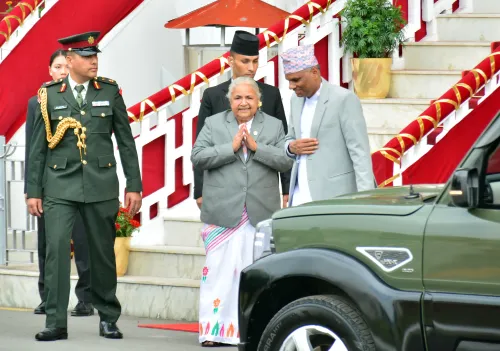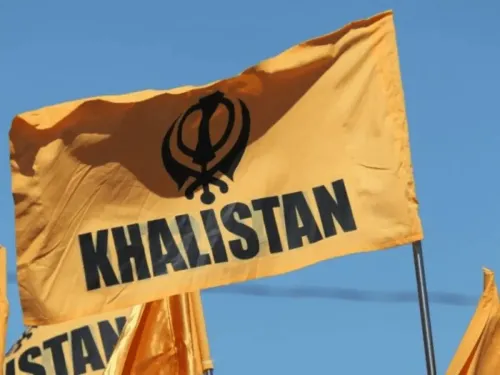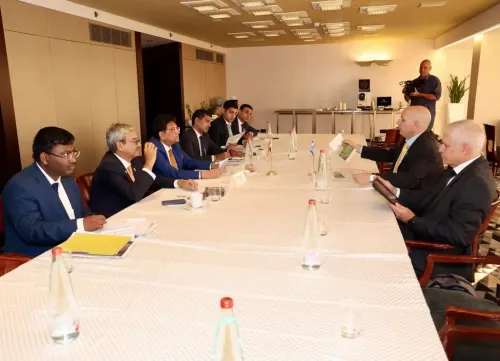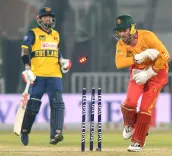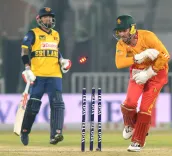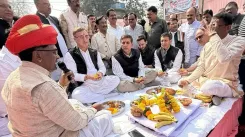Why Did Bangladesh ICT Deny Lawyer's Plea for Sheikh Hasina's Representation?
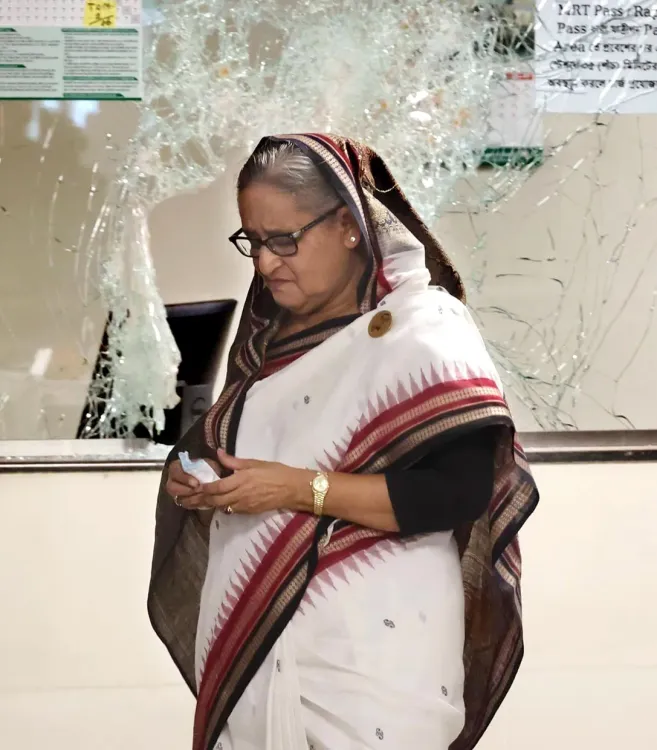
Synopsis
Key Takeaways
- The ICT denied Z.I. Khan Panna's representation request for Sheikh Hasina.
- Experts criticize the ruling as a denial of justice.
- Charges against Hasina are linked to last year’s protests.
- The Awami League claims the charges are politically motivated.
- Concerns grow over the legitimacy of the current government.
Dhaka, Aug 12 (NationPress) The International Crimes Tribunal (ICT) of Bangladesh has turned down the request from senior Supreme Court lawyer Z.I. Khan Panna to represent former Prime Minister Sheikh Hasina in a case concerning crimes against humanity linked to the protests of July last year.
Experts believe this ruling is a significant injustice, effectively stripping Hasina of her right to legal representation in this matter.
The application was submitted by lawyer Nazneen Nahar on behalf of Panna to defend Hasina, according to reports from local media.
During a testimony phase, the tribunal raised questions about the intent behind the application, asserting that it could not be accepted.
"The train has already left the station; there is no way to board it by informing the station master. At this stage of the case, there is no opportunity to appoint a new lawyer," leading Bangladeshi daily The Business Standard cited the ICT's response to the petition.
The tribunal pointed out that the state has already designated Supreme Court lawyer Amir Hossain to represent Hasina.
On August 3, the ICT's prosecution commenced proceedings against Hasina and two other individuals concerning alleged crimes against humanity.
The co-defendants include former Home Minister Asaduzzaman Khan Kamal and former Inspector General of Police (IGP) Chowdhury Abdullah Al Mamun.
In response to the proceedings, the Awami League condemned the charges against its leaders, labeling them as a "politically motivated" scheme by the "illegitimate" interim government led by Muhammad Yunus.
Awami League leader Mohammad A. Arafat stated that neither he nor former Prime Minister Hasina had received any formal notification regarding the trial against party members, underscoring the "absurdity" of the "unelected" government.
"This is part of a wider campaign by an unelected usurper heading an illegitimate government, determined to erase democratic legitimacy, silence opposition, and maintain power. Such a regime lacks the legal or moral authority to prosecute a government elected by the people's mandate. An illegitimate regime cannot alter legislation passed by Parliament. Only Parliament holds that authority," Arafat asserted in a statement.
He emphasized that no democratically elected leader should face prosecution for fulfilling constitutional responsibilities amid violent uprisings.

